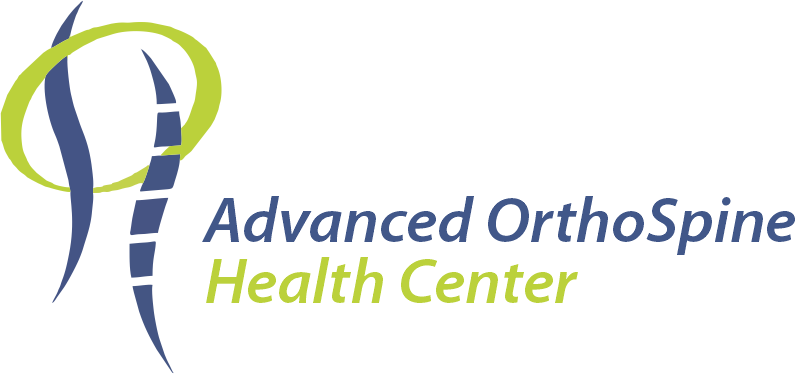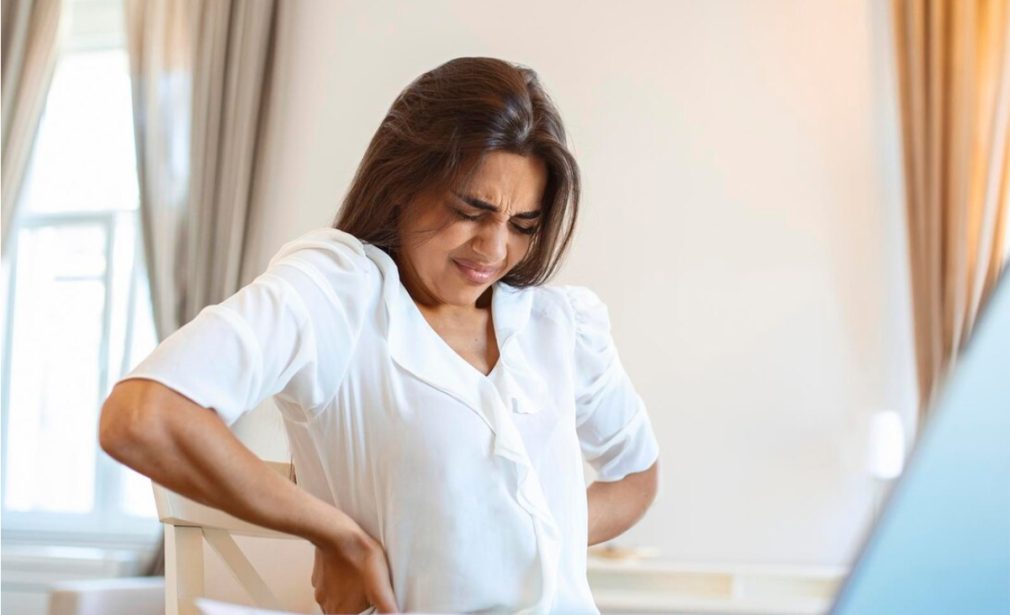What does hip pain feel like?
Hip pain is a complex condition that can significantly impact your daily life, limiting mobility and causing discomfort during simple activities like walking, sitting, or sleeping. At Advanced Orthospine Health Center, we provide comprehensive assessment and targeted treatment for various hip pain conditions.
While it can affect anyone, certain groups of people are more susceptible due to underlying health conditions or lifestyle factors.
While it can affect anyone, certain groups of people are more susceptible due to underlying health conditions or lifestyle factors.
- Older adults
- Athletes and Active Individuals
- Individuals with Sedentary Lifestyles
- Overweight or Obese Individuals
- Pregnant Women
- Individuals with Prior Hip Injuries
- People with Certain Medical Conditions
- Individuals with Poor Posture or Biomechanics
How can physio help you?
Physiotherapy for Hip Pain targets pain relief, improved mobility, and long-term joint health through:
- Pain Management: Using techniques like manual therapy, heat/ice applications, or ultrasound to reduce discomfort and inflammation.
- Strengthening Exercises: Building muscle strength around the hip to provide better joint support and stability.
- Stretching and Mobility Work: To increase flexibility and restore the hip’s range of motion.
- Gait and Movement Analysis: Correcting walking patterns to reduce strain on the hip.
- Postural Education: Teaching proper body mechanics to prevent future hip stress.
Consult an experienced hip pain specialist in Dubai for accurate diagnosis and personalized treatment. We provide advanced care for hip joint issues in Dubai, helping you move freely and live without constant discomfort.
Frequently asked questions
- Persistent aching in the hip joint, groin, or outer thigh
- Sharp or stabbing pain during movement
- Stiffness and reduced range of motion
- Pain that intensifies with prolonged sitting or standing
- Difficulty walking or climbing stairs
- Clicking or popping sensations in the hip joint
- Radiating pain down the leg
- Osteoarthritis
- Bursitis
- Tendonitis
- Muscle strains
- Labral tears
- Structural misalignments
- Sports or repetitive motion injuries
- Aging-related degenerative conditions
Recovery varies depending on:
- Specific hip condition
- Severity of the injury
- Patient’s age and overall health
- Consistency in following treatment plan
Most patients experience significant improvement within 6-12 weeks of consistent physiotherapy, with many reporting reduced pain and increased mobility within the first few sessions.
- Maintain a Healthy Weight
- Stay Active with Low-Impact Exercises
- Strengthen Hip and Core Muscles
- Improve Flexibility and Mobility
- Wear Supportive Footwear
- Take Breaks from Prolonged Sitting

